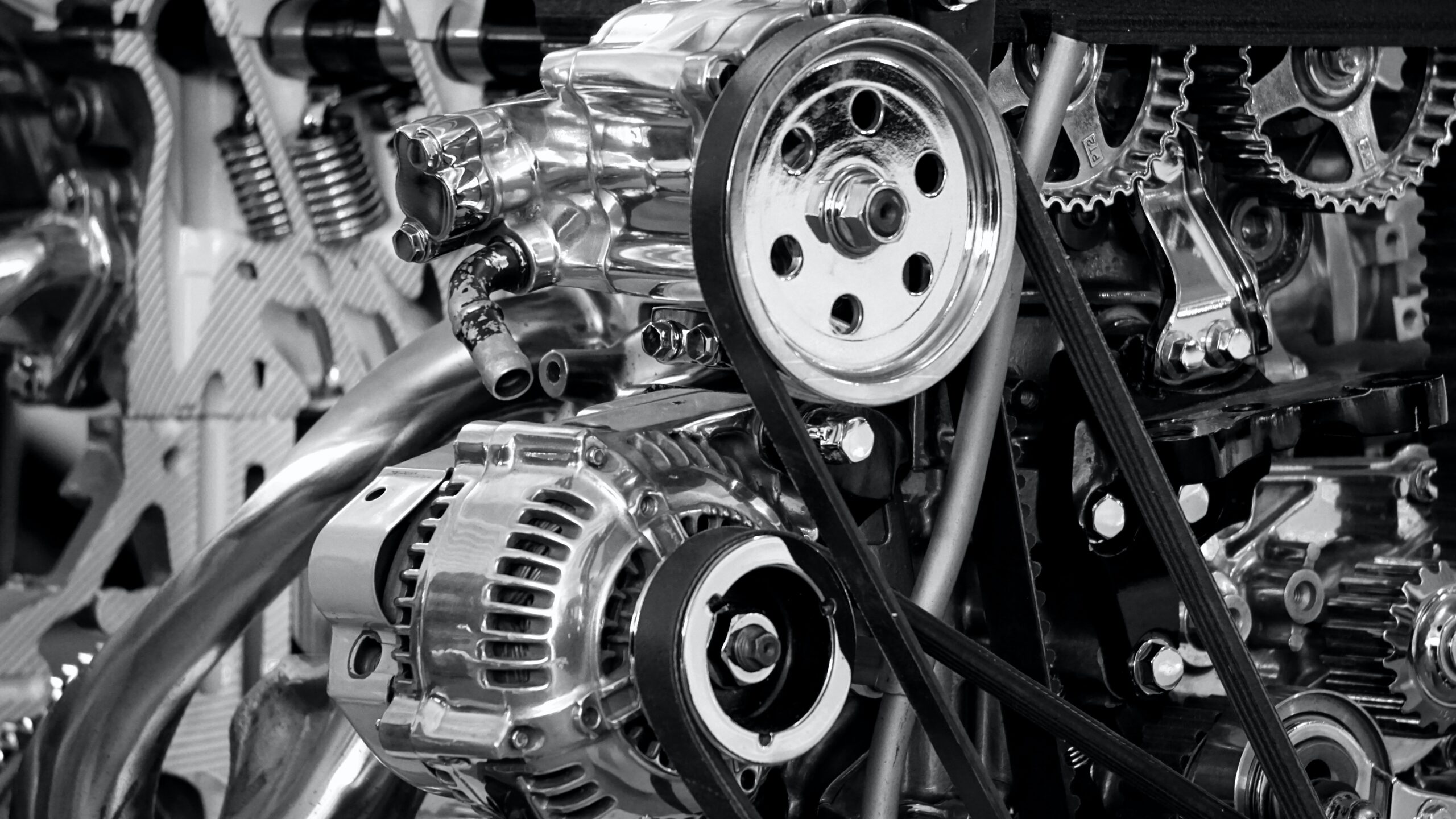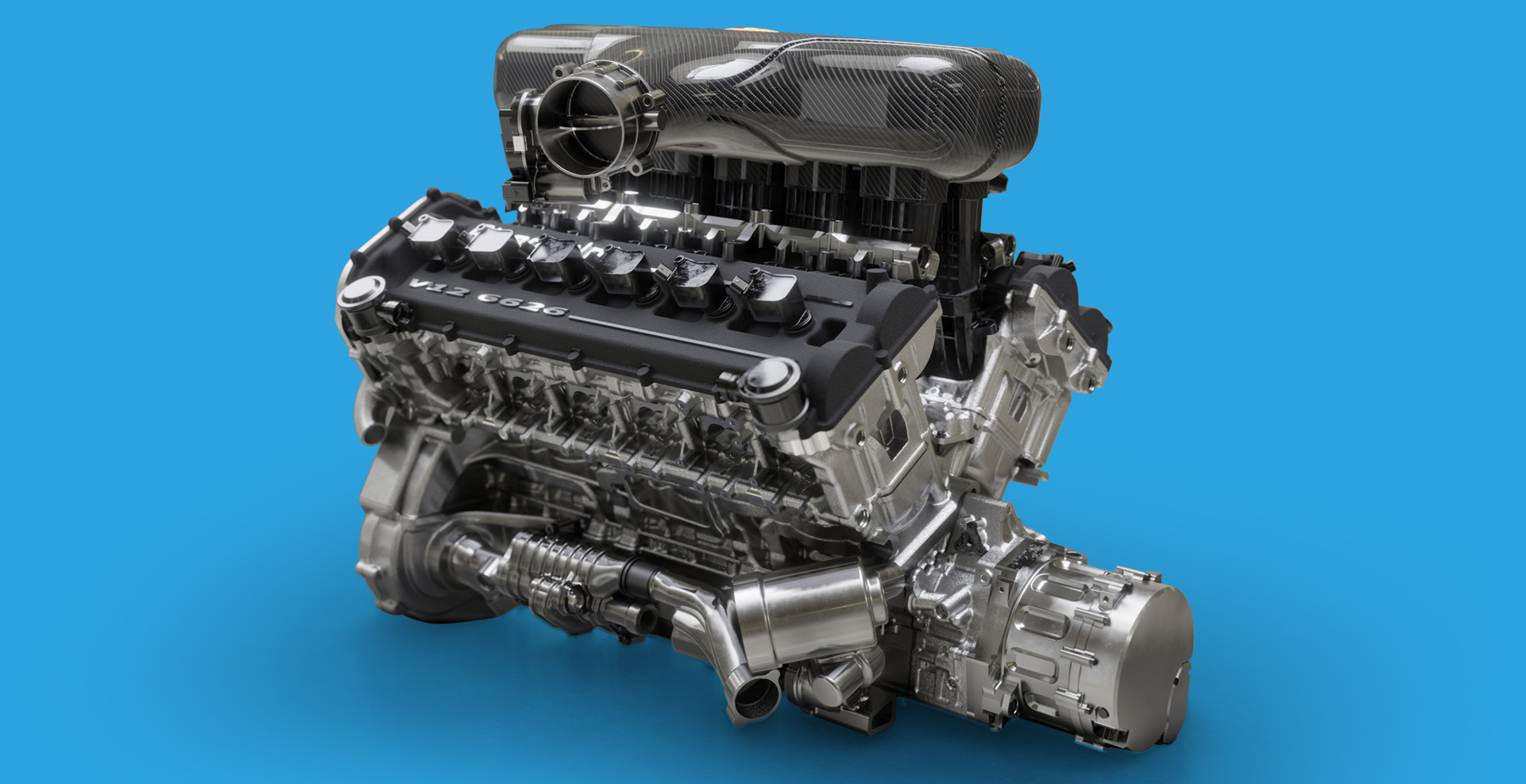Find High-Quality Imports with Engines For Africa
Find High-Quality Imports with Engines For Africa
Blog Article
Check Out a Variety of Engines for each Lorry and Objective
The vehicle landscape is increasingly intricate, with a diverse array of engine types designed to satisfy specific performance and effectiveness demands across different automobile categories. Additionally, sturdy engines serve the needs of job cars, while green options are obtaining grip in the quest of lasting transportation.
Types of Automotive Engines
Automotive engines can be categorized into numerous distinctive types, each designed to meet certain performance and effectiveness demands. The most usual classifications include internal burning engines, electric engines, and crossbreed systems.

Electric engines, on the various other hand, run on electric power stored in batteries, providing instant torque and absolutely no emissions. These engines are coming to be increasingly preferred because of improvements in battery technology and the growing focus on sustainability.
Hybrid systems integrate both interior burning and electrical engines, making it possible for vehicles to maximize gas effectiveness and lower exhausts by flawlessly switching between source of power. Each engine type offers its advantages and drawbacks, affecting aspects such as vehicle style, planned use, and market demand. Comprehending these differences is vital for customers and producers alike when choosing the ideal engine for their particular requirements.
Performance Engines for Sports Cars
Efficiency engines for cars are especially engineered to provide boosted agility, power, and rate, establishing them in addition to basic vehicle engines. These engines frequently utilize innovative innovations such as turbocharging, supercharging, and variable valve timing to maximize performance and responsiveness.
Normally, performance engines are created with higher compression ratios, which permit better energy removal from gas. This results in impressive horsepower and torque numbers, making it possible for fast velocity and greater leading rates. The lightweight products utilized in these engines, such as aluminum and carbon fiber, contribute to lowered general lorry weight, improving handling and maneuverability.
Engine configurations like V6, V8, and even hybrid systems are common in efficiency sports cars and trucks, each offering unique benefits in terms of power delivery and driving dynamics. The tuning of these engines is also essential; several suppliers enhance the engine monitoring systems to supply an electrifying driving experience, often consisting of sporting activity settings that adjust throttle feedback and equipment changes.
Effective Engines for Daily Commuters
In the realm of daily commuting, reliable engines play a crucial duty in optimizing fuel economy and decreasing discharges while providing reputable efficiency. As city populaces expand and environmental issues intensify, the need for cars furnished with effective powertrains has actually surged.
Modern engines developed for daily travelers frequently incorporate technologies such as turbocharging, straight gas injection, and crossbreed systems. Turbocharging enhances engine effectiveness forcibly more air into the burning chamber, permitting smaller sized, lighter engines that do not compromise power result. Direct gas click now injection boosts fuel atomization, resulting in better burning and increased efficiency.
Crossbreed engines, incorporating inner combustion with electrical power, more boost gas economic situation, specifically in stop-and-go Going Here traffic, where typical engines can struggle with inadequacies. Electric motors aid during velocity and can operate individually at low speeds, minimizing general fuel consumption.
Furthermore, advancements in engine monitoring systems and lightweight products contribute significantly to reliable engine design. By concentrating on performance, longevity, and environmental sustainability, manufacturers remain to deliver engines that not just meet the needs of everyday travelling yet likewise line up with worldwide efforts to lower carbon footprints.
Heavy-Duty Engines for Job Vehicles
Sturdy engines for work vehicles are routinely crafted to provide phenomenal torque and integrity under demanding problems. These engines are developed to do in environments where typical engines might fail, such as building sites, logging operations, and agricultural settings. The key focus of heavy-duty engines is their capability to produce high degrees of power while maintaining sturdiness over prolonged durations of procedure.
Generally, sturdy engines use advanced products and robust construction methods to withstand the rigors of hefty workloads. Attributes such as enhanced cyndrical tube blocks, enhanced air conditioning systems, and progressed gas injection technologies add to their effectiveness. These engines usually run at reduced RPMs, which aids to enhance fuel effectiveness while supplying the required click here for more info power for hauling and carrying.
Along with mechanical toughness, sturdy engines are commonly geared up with advanced electronic control units (ECUs) that handle efficiency, discharges, and diagnostics. This integration permits better tracking and upkeep, guaranteeing that work lorries stay efficient and operational.
Inevitably, heavy-duty engines are an important element in the productivity of different sectors, offering the necessary power and reliability to tackle the most difficult of tasks.
Eco-Friendly Engine Options
The growing focus on sustainability has led to the advancement of eco-friendly engine choices that focus on minimized exhausts and enhanced fuel effectiveness. These engines are designed to lessen the environmental impact of cars while still delivering the efficiency and integrity anticipated by customers.
Among one of the most noteworthy green choices are hybrid and electric engines. Hybrid engines integrate conventional internal burning engines with electric propulsion, allowing for minimized gas usage and reduced greenhouse gas exhausts. Electric engines, on the other hand, operate totally on battery power, producing absolutely no tailpipe emissions and contributing to cleaner air top quality.
An additional promising growth is the advancement of biofuel engines, which use sustainable sources, such as plant materials, to power cars (Engines For Africa). By utilizing biofuels, these engines can reduce reliance on fossil fuels and reduced total carbon impacts

As the automotive sector evolves, green engine options will certainly play a critical role in driving the change towards more sustainable transport options.
Verdict
From high-performance engines that enhance sporting activities automobile capacities to reliable models prioritizing fuel economic climate for everyday commuters, each kind serves a particular function. Sturdy engines cater to durable job lorries, while environmentally friendly options, such as electrical and biofuel engines, promote sustainable transportation.

Report this page